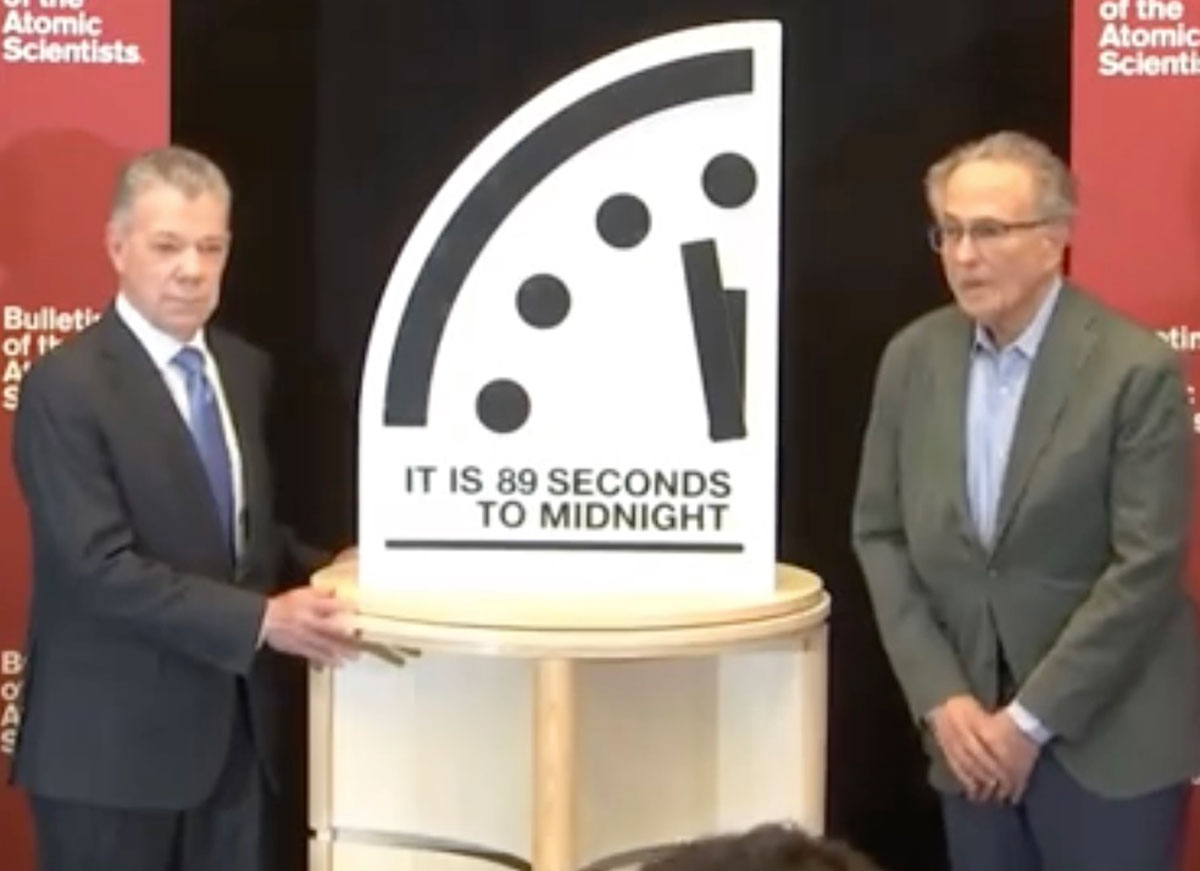Angles by The Strokes

2/5
After releasing one of the most enduringly popular and critically acclaimed albums of the last decade, Is This It, The Strokes proceeded to do everything wrong and fast: their second release, Room on Fire, abandoned the immediate, bare-bones production aesthetic that lent their debut a quality of timeless nostalgia, as well as what was perhaps the key to the band's retro appeal: singer Julian Casablancas' signature vocal filters—which were more functional than anything else, with later releases proving that, uncompressed, his voice was actually quite terrible. The result was the album that detractors of the band were clamoring for to justify their hatred of a consummate pop band that just so happened to release the requisite number of female-identified pop songs to obtain teen idol status: a big, clean corporate rock record that could have been released by virtually any generic power-pop band of the last thirty years; aimlessly tangential passages that lacked the discipline and organizational logic of the debut's near-proggy, multi-segmented pop songs; and worst of all, the pernicious "more of the same"-ness that often plagues sophomore efforts. Following three years later was First Impressions of Earth, less a holding pattern than a bizarre digression, and an unfathomable five years later comes this heap of junk called Angles.
The album kicks off with the super new wave-y "Machu Picchu," which resembles nothing the band has ever released: a respectable attempt at jumping on the trendy new-new romantic—replete with Bowie-esque vocals perhaps by way of The Human League or ABC—bandwagon which is ultimately a little too cute for its own good and far too concerned with pastiche to trouble itself with a real melody or hook. In a brief digression, "Under Cover of Darkness," constitutes a cleaned up version of the Is This It aesthetic and also features a surplus of hooks; for this reason, it is very easily rated: its A sequence is somewhat marred by a Casablanca's performance too over-the-top for its own good; the B sequence feels a bit stronger, though its final bar does conclude one particularly overused vocal riff that even the guileless among us will roll and eye or two at; C is probably strongest, D, E and F the weakest and containing quite a lazy guitar solo.
"Two Kinds of Happiness" falls somewhere between New Order and Bruce Springsteen. The song is adequately put together save for some clumsiness in bringing it home for the second verse, but a continual source of cognitive dissonance will be Casablancas refusal to settle for a single mimcry for the duration of a three-and-a-half minute song: for the 90 seconds he sounds a bit like himself, though after about two minutes he's dropped an octave and turned into Ric Ocasek and then for a split second a Bonoesque soaring bleat: this tendency on his part to show off what he has decided is a wide and impressive vocal range truly hammers the nail into the coffin for some of these songs. "You're So Right" is utterly ridiculous: a clumsy, scattershot, desperate attempt at seeming vital and weird, with touches of lo-fi tossed in for credibility's sake, it feels like an early ninteties Ween outtake and can only inspire laughter. The first track to deliver anything by way of a tightly structured pop song is "Taken For a Fool," though it does rely a bit too heavily on familiar riffing.
"Games" offers more of the lo-fi touches of the previous track, with the band playing their instruments a bit dirtier than usual, and offers a particularly affected—both performatively and technologically as it features some jarringly anachronistic pitch correction processing—moany, flat vocal; that its chorus strongly recalls the pre-chorus from countless new wave songs seems to justify accusations that it's a bit underwritten. Amusingly, "Call Me Back" begins with and is largely based around fingerstyle jazz-inflected guitar patterns and though it does fall back upon the dreaded formula "Gratisfaction" may be the song's best album, but then again "So It Goes" was one of the Nick Lowe's best songs and I can't blame them for stealing it: this is the one track where everyone seems to be on point. Nothing else worth mentioning.
Get the most-revealing celebrity conversations with the uInterview podcast!





Leave a comment